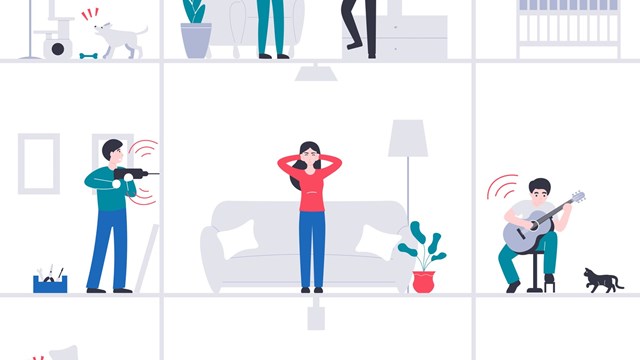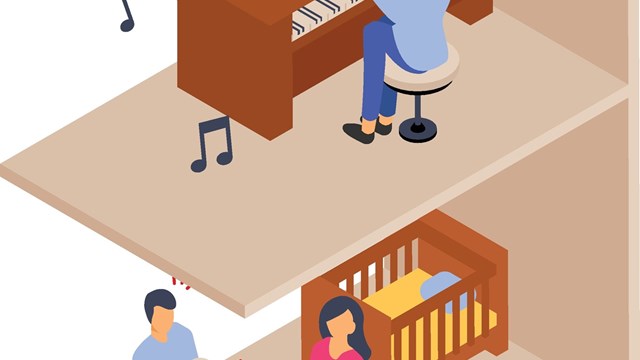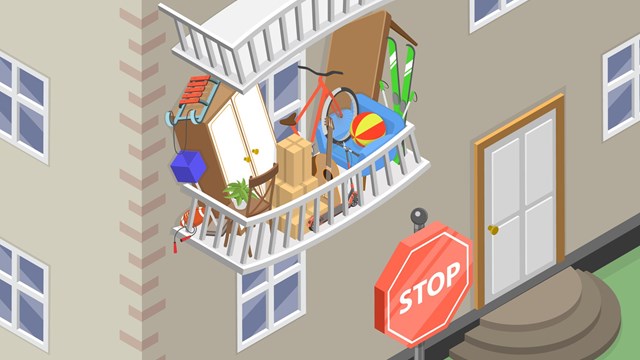
Q. My question is this: Can a co-op board restrict outside contractors from working on a religious holiday? If so, is it legal for this to be done for only one religion? The board of my co-op has restricted work on all, including the minor Jewish holidays. By ‘minor’ I am referring to the holidays of which the general non-Jewish public and even many non-Orthodox Jews lack awareness. For the record, I myself am Jewish—though not highly observant—so my objection is not because I am of another faith. I believe it is improper to restrict contractors for religious purposes in a secular organization (i.e. a cooperative) unless there is an open policy provided to purchasers that the cooperative adheres to observations of one or more faiths. One could legitimately argue that in this situation, if this restriction is imposed for one faith it should be done for all. Assuming that the board can impose such a restriction, is it incumbent upon the board—and perhaps legally required—to publish an annual listing so that all are aware of the restricted dates?
—Secular Shareholder
A. According to Elliot Meisel, a partner with the Manhattan-based law firm of Brill & Meisel, “Many co-ops and condos have ‘quiet days’ during which no work is permitted. However, those days are usually widely-observed federal holidays—with a few additional dates sometimes added. There are some co-ops and condos that go so far as to prohibit work from December 15 through the end of the year, and a few prohibit work at all times except during the summer months when many residents are away.
“The issue in this case appears to be that the restrictions seem excessive and discriminatory in that they apply to even ‘minor’ holidays of only one religion, leading the observer to suggest that the restrictions are for ‘religious purposes.’
“Conceptually, rules restricting work are generally not in observance of any particular theological mandate but are ‘quality of life’ regulations in recognition that on certain days many residents may be home and—whether or not they are entertaining guests - wish to be free of the noise, vibrations, dust and other disturbing byproducts of construction work. Such rules, regulations and policies are widely employed and generally accepted. One could object that having too many quiet days relating to the observances of one religion renders alterations difficult to schedule, thereby discriminating against the others, or that not observing quiet days for other religions is discriminating against them. While housing laws do prohibit religious discrimination, they do not prohibit reasonable operational policies for the benefit of the residents of the property that may reflect the characteristics of the population.
“Some buildings prohibit dogs, while others will harbor musicians but limit their practice hours. Purchasers of apartments in co-ops or condos should thoroughly review their rules, regulations and policies as part of their due diligence to determine whether they are compatible with their lifestyle. For that reason I agree with the shareholder that such policies, including the specified annual dates, should be properly promulgated, clear and circulated to all co-op residents and should be readily available, in writing, for review from the managing agent. Finally, out of a sense of fairness, rather than eliminating quiet days for populations not resident in the building, the board should consider adding additional quiet days if requested to do so by other residents of the building representing other segments of its population. Unless carried to absurd extremes, there should still be sufficient days and time for alterations to be performed while still providing a harmonious environment.”









Leave a Comment